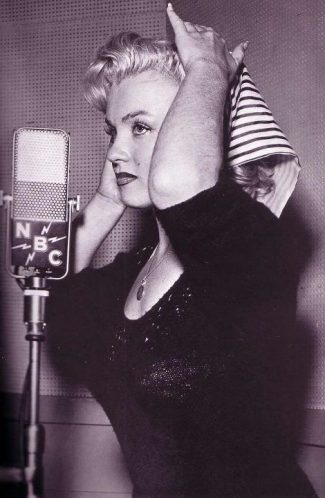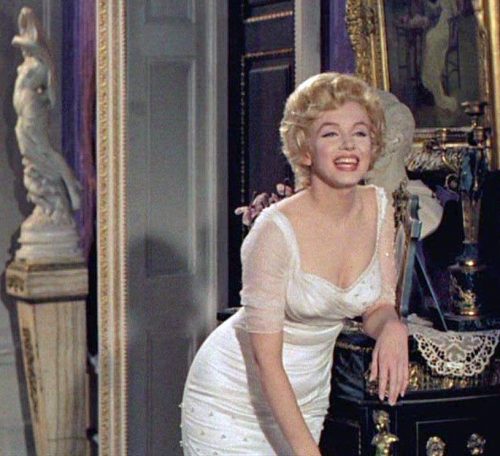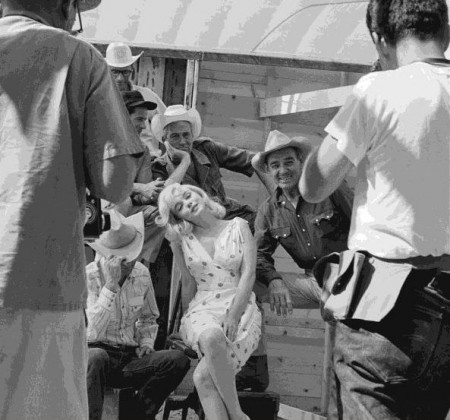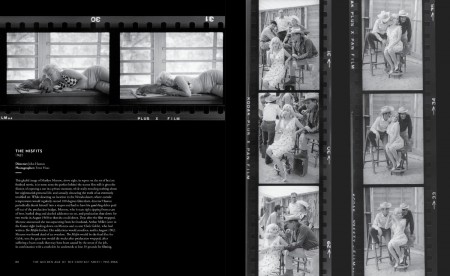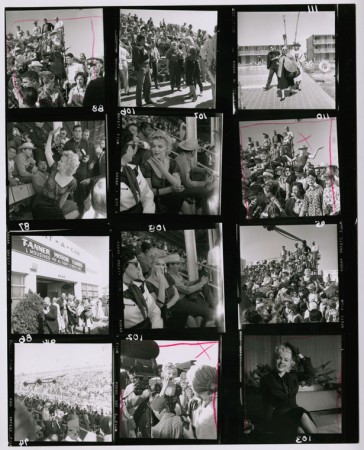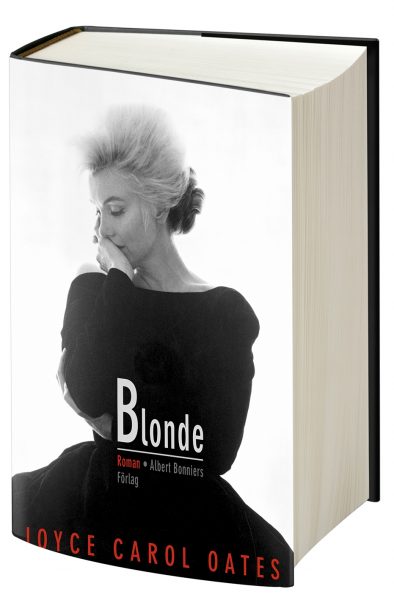
Following reports that Cuban actress Ana de Armas will star in a big-screen adaptation of Blonde, Karina Longworth – author of a new Howard Hughes biography, and podcaster at You Must Remember This – lists Joyce Carol Oates’ epic novel among the best Hollywood-inspired fictions in an article for the Wall Street Journal. While Karina believes Oates’ liberal attitude towards the facts is forgivable, I think there are many better novels based on Marilyn’s life (including Doris Grumbach’s The Missing Person, Adam Braver’s Misfit, and Sean O’Hagan’s Life and Opinions of Maf the Dog.)
“The magic of Joyce Carol Oates’s epic imagining of the life of Norma Jeane Baker (aka Marilyn Monroe) lies not in its realism or accuracy but the quality of its fabrication. All of the characters around the orphan-turned-bombshell feel not like ‘real people’—even though most of them are, or were—but like characters in a novel, each with an inner life as richly drawn as the protagonist’s. The star herself remains an enigma, which feels more true to life than any biography that has tried to psychoanalyze or explain this woman who seemed at best a fragmented puzzle to herself. Ms. Oates heartbreakingly juxtaposes the construction of the Marilyn image with its meaning, evident in a snapshot from the set of The Seven Year Itch: “She’s been squealing and laughing, her mouth aches. . . . Her scalp and her pubis burn from that morning’s peroxide applications. . . . That emptiness. Guaranteed. She’s been scooped out, drained clean, no scar tissue to interfere with your pleasure, and no odor. Especially no odor. The Girl with No Name, the girl with no memory.'”
